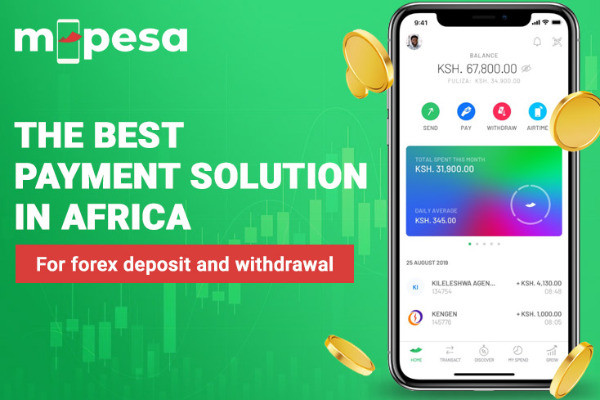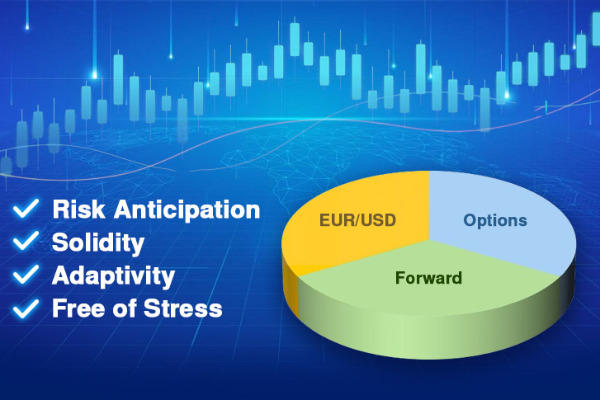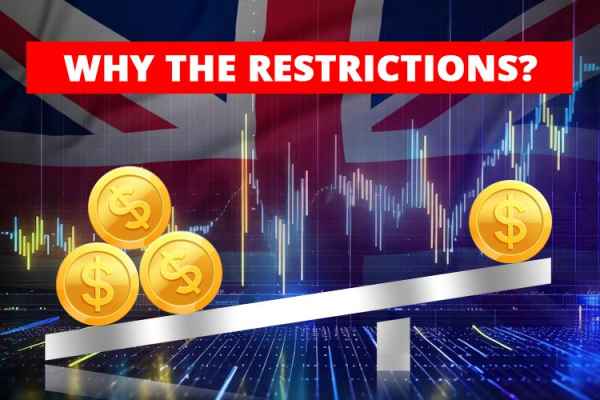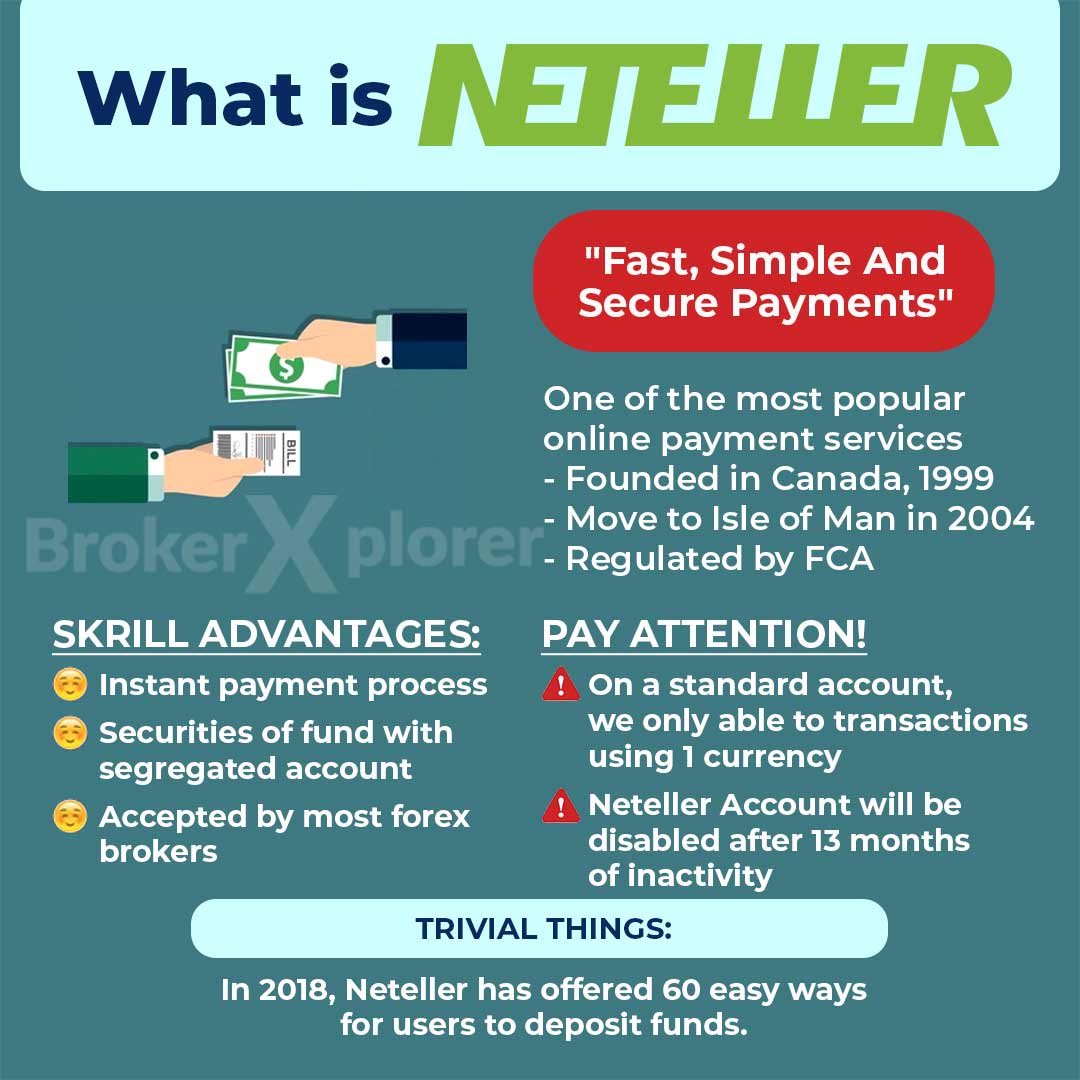From preventing money laundering to scam activities, KYC has a vital role in forex trading. How does it work and what can we get from it?
To be able to trade with a broker, traders usually need to register first and go through various verifications until their trading account is activated. This measure is usually performed to get to know and confirm the identity of potential clients. This verification process is known as KYC.
Nowadays, KYC procedures have mostly been associated with crypto trading for security reasons. Why should forex brokers require KYC too? What are the benefits for them and the traders?

Why is KYC Important?
KYC, short for Know Your Customer, is a legal requirement for fintech and trading platforms. It is a rule that requires financial service providers (such as forex trading) to verify all of their clients. Usually, brokers will record the clients' full names, home addresses, ages, and other personal information.
If brokers do not perform this process, they will potentially face legal problems that can result in their license being revoked. In general, here are some potential risks for forex brokers if they do not perform KYC:
- Heavy compliance fines.
- Damaged business reputation.
- Potential license revocation.
- Exploitation by scammers.
- Contribution to increased fraud activities in the future, such as chargebacks.
In addition, the KYC process is mandatory and has different procedures in some countries. For example:
- Data protection law: Brokers consider local privacy rules such as GDPR or PSD2 compliance in Europe, which may make KYC implementation stricter.
- Variations in identity documents: Social security numbers are considered Personally Identifiable Information (PII) in the US. But in Italy, the IDs of most residents are still printed on paper. Therefore, brokers need KYC software to check all APAC, EMEA, or NA region variations.
- Clients in developing countries: Checking IDs can be challenging in developing countries given that personal and financial data is difficult to find.
See Also:
How Does KYC Affect Forex Traders?
For some traders, KYC rules are considered bothersome when registering with a forex broker. However, this rule should be mandatory for traders to ensure the security of their trading environment and prevent money laundering activities (AML). In turn, their funds and data safety will be more guaranteed.
How Do Brokers Implement KYC?
There are various KYC methods commonly used by forex brokers, some of which include:
- Manual ID verification: In which a broker's internal team manually checks client documents.
- Implementing third-party ID verification services: Brokers hire a developer or software engineer (only requiring API integration) to automate the verification process.
- Implementing pre-KYC screening: To filter user data faster with more efficient checking.
3 Advanced Steps in the KYC Process
KYC is undoubtedly one of the most important measures to combat identity fraud and money laundering. Those who want to deceive it would use various methods to bypass it. However, there are several advanced steps that brokers commonly use to prevent such actions, including:
1. Checking Social Media Accounts
Believe it or not, scammers can impersonate clients and have many fake social media profiles to manipulate brokers. This is usually carried out by malicious actors who attempt to create fake accounts to cheat brokers' bonus programs.
Moreover, scammers also use fake profiles for money laundering or other schemes. Therefore, brokers may check clients' social media accounts that are deemed suspicious. Then, the social media profiles will be compared with the documents sent by the clients. The broker will block the client if the account cannot confirm the personal data.
2. IP Geolocation Identification
The client's IP address can also reveal their identity. Forex brokers often use this method before processing KYC verification. From IP information, brokers can find out:
- Client's country of origin
- The authenticity of how clients access the broker (whether the client is using VPN, Tor, or proxy)
Some brokers could openly refuse providing services to clients from certain countries, while some are only open to clients in a specific country. For instance, US regulators explicitly ban brokerage companies outside of their jurisdictions to accept clients from within the country. They also advise their people to only trade with companies regulated under their jurisdictions. Therefore, US brokerage companies tend to limit their scope within the USA.
3. Monitoring User Devices and Browsers
In addition to monitoring IP geolocation, brokers commonly check how their clients connect to the provided platform. Thus, brokers can ensure that clients are not using malicious tools or devices to deceive their system.
Final Words
To sum up, KYC is one of broker's steps to prevent harmful activities such as money laundering, identity theft, and client spam. While from the trader's perspective, implementing KYC can provide better security even though the process might be quite vexing and time-consuming.
The forex market carries many risks where unreliable brokers can damage your account. To avoid that, you should learn How to Deal with Problematic Brokers in 6 Easy Steps.

 Dedicated FREE FOREX VPS
Dedicated FREE FOREX VPS Free FOREX Virtual Private Server
Free FOREX Virtual Private Server MT4 Demo Contest, Get $500
MT4 Demo Contest, Get $500 Sign Up for an Account, Claim 60% Deposit Bonus
Sign Up for an Account, Claim 60% Deposit Bonus Free MT4/MT5 VPS 2024
Free MT4/MT5 VPS 2024 Send E-mail and Get Free Merchandise
Send E-mail and Get Free Merchandise $1K Refer a Friend Bonus for Pepperstone Pro clients
$1K Refer a Friend Bonus for Pepperstone Pro clients Maximize Your Earnings with 100% Deposit bonus
Maximize Your Earnings with 100% Deposit bonus Trade to Win, $5,000 Monthly Demo Contest
Trade to Win, $5,000 Monthly Demo Contest Claim 30% + 15% Deposit Bonus from LiteFinance
Claim 30% + 15% Deposit Bonus from LiteFinance








